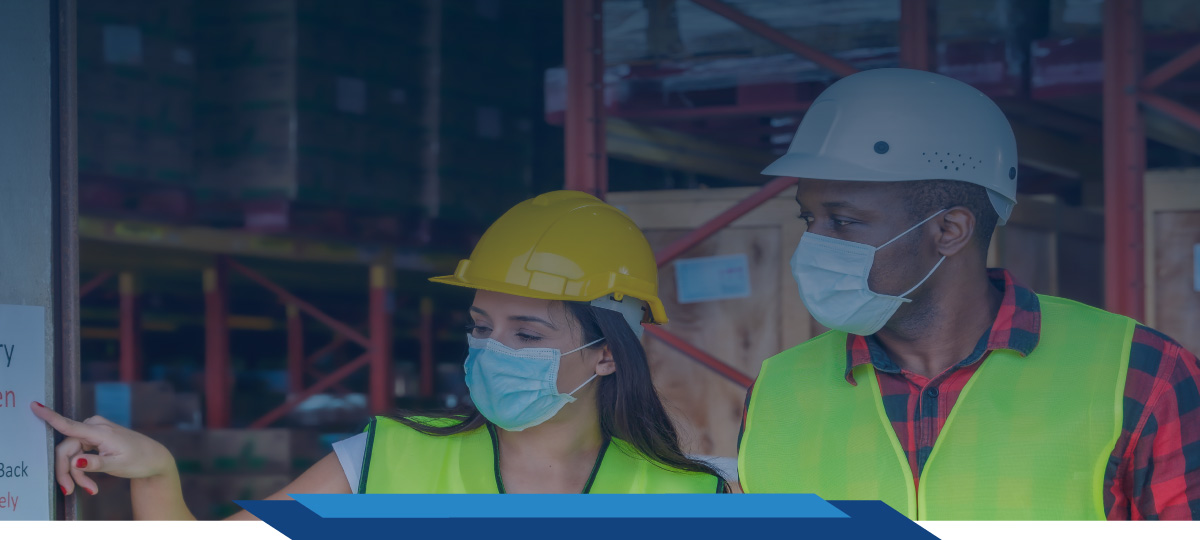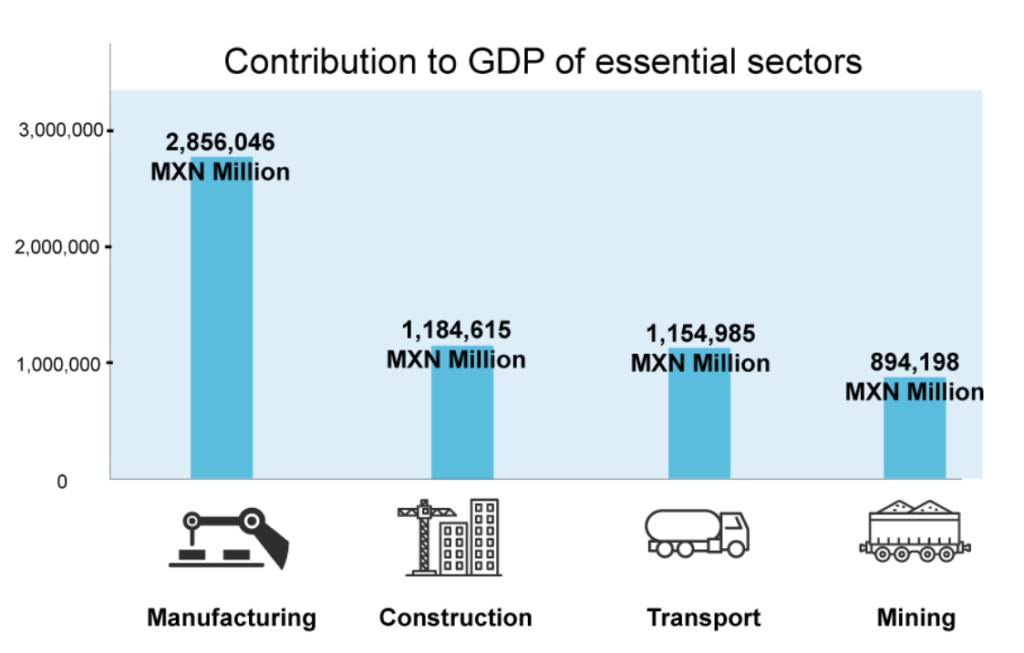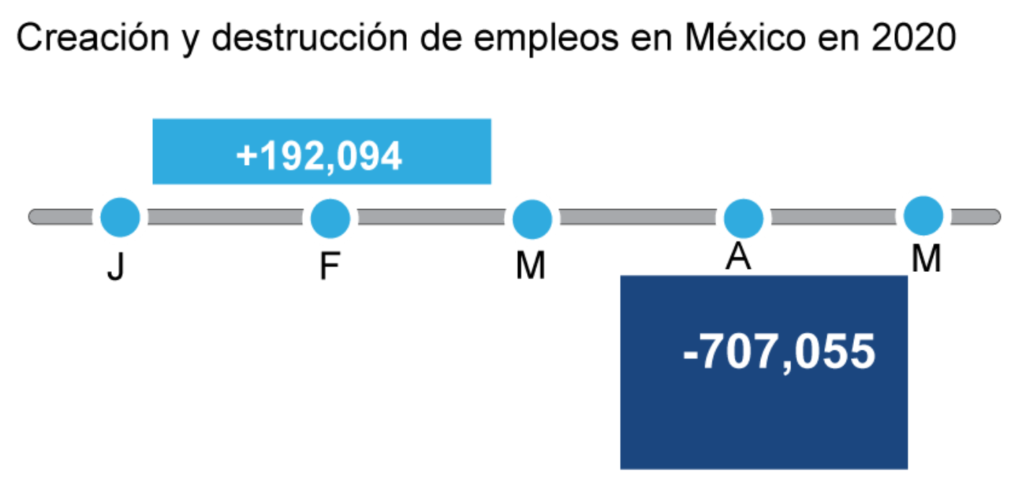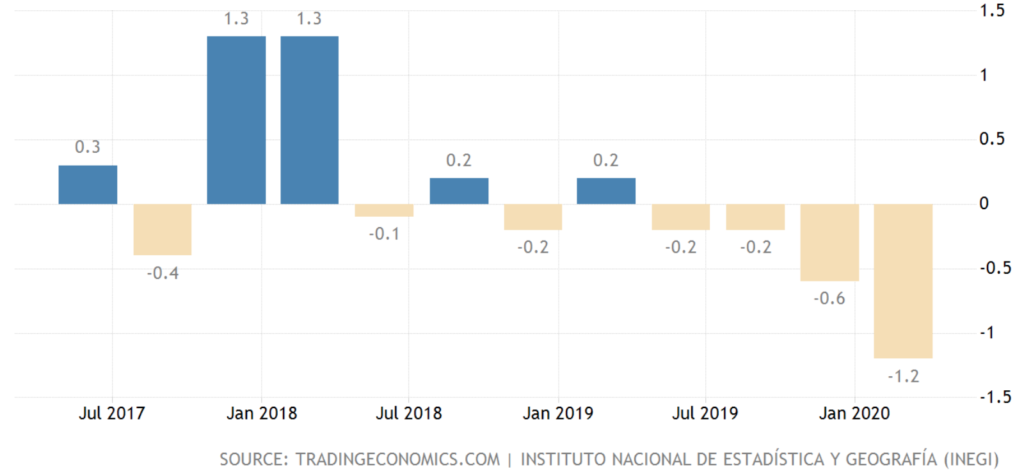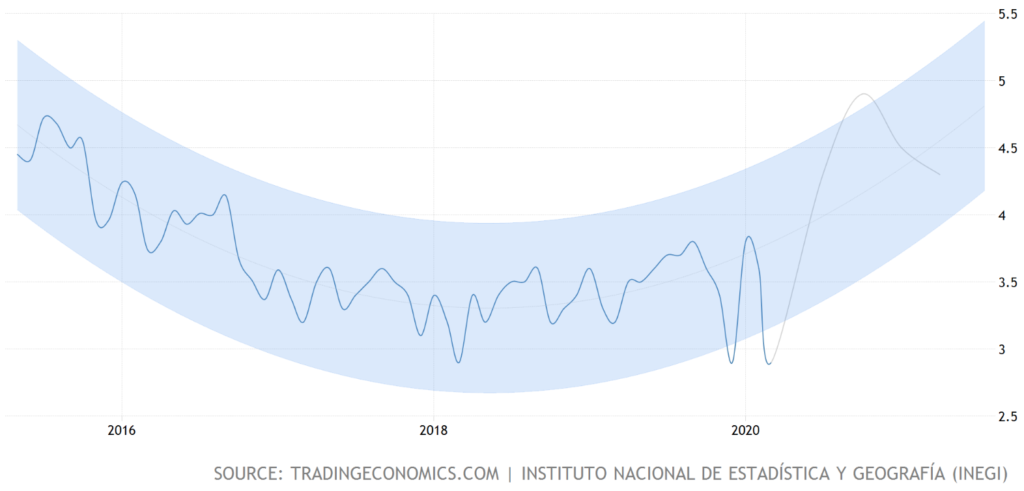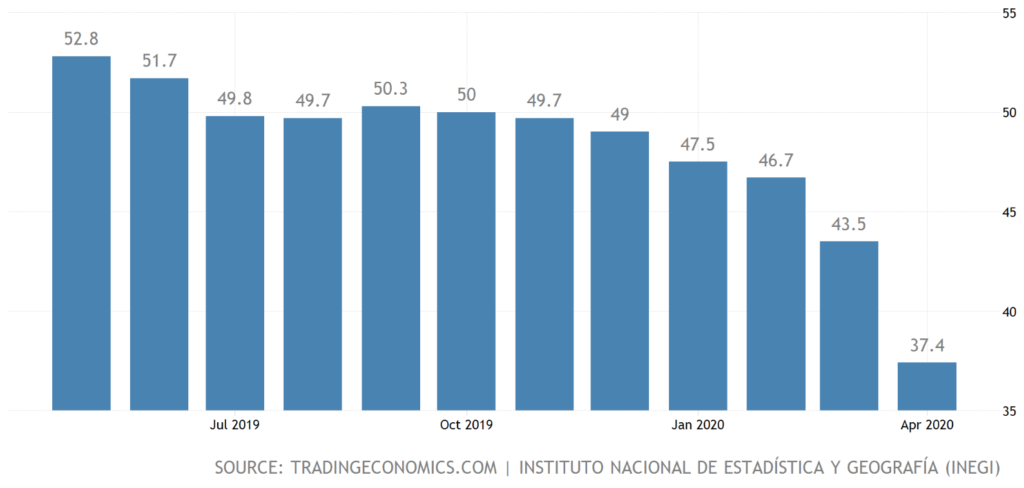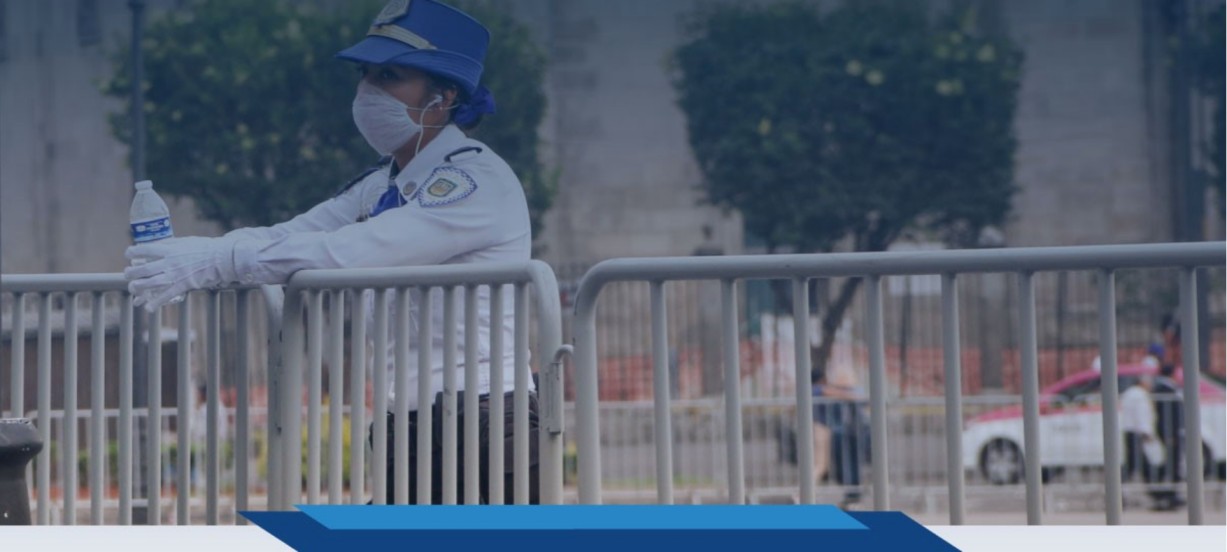Inspections to workplaces to verify wage payments and operation of the companies; technical guidelines of essential activities.
We foresee inspections and an active role of the Federal and State Labor Prosecutor offices to attend clams and grievances.
On March 31st and April 1st, 2020, the General Department of Labor Inspections, through the Office Bearer of the Unit of Dignified Employment, issued the criteria for: (i) the development of inspections for the verification of wage payment and (ii) the development of extraordinary inspections arising from the agreement declaring SARS-CoV2 epidemic (COVID-19) a health emergency.
Furthermore, on April 6, 2020, the Agreement issued by the Ministry of Health, establishing technical guidelines applicable to companies which (a) the suspension of activities may have irreversible effects to its operation (b) are engaged in the courier services and (c) are necessary for the conservation, maintenance and repair of critical infrastructure for the production and distribution of electric energy, was published in the Federal Official Gazette and entered into force.
For order matters, we will analyze first the criteria issued by the General Department of Labor Inspections, in accordance with the following:
(i) Applicable Criteria for the development of inspections during the operation of wage payment or minimum wage payment as of March 30th to April 30th, 2020.
The compliance of the rules issued by the General Labor Department will be enforceable to the workplaces of federal jurisdiction (article 527 of the Federal Labor Law “FLL”), with respect to those which by claim or complaint is known that exists a possible breach of the wage payment or its decrease.
The review term will cover from February 15th to the inspection date.
The aspects and documents subject of inspection, are the following:
1.- Record proving the payment of integrated wage.
2.- The inspector will verify that the payroll deductions, are in accordance with the provisions set forth in the FLL and with the limits set forth by the Law or those carried out as consequence of a judicial resolution (alimony).
3.- List of positions of the workplace and wage for each position.
4.- The inspector will verify, that the wage payment is effectively paid in accordance with each position.
5.- In the event that the inspector detects that the company did not pay the wage or paid a lower amount, the minutes will identify the data of the employee and will request copy of document subject to review.
6.- In the event that the company incompletely provides documents or do not provide any, a term of 5 days will be granted to the company to develop observations and offer evidence in connection with the facts contained in the inspection minutes.
In the event the labor inspector determines the existence of breaches to the wage payment or its decrease, he/she shall communicate such event to the competent prosecuting authority.
In addition to the foregoing, the FLL establishes the possibility to impose a sanction taking into account the intent, gravity, possible damage, economic capacity, and the number of affected workers, which may be from 50 to 5,000 UMAs (Unidad de Medida y Actualización - $86.88 Mex.Cy. daily UMA).
In accordance with what we have established in several articles, we consider that the execution of agreements between the parties may justify salary adjustments, as long as they are proportional and consistent, during the emergency period, and must be presented to the Authority, in case they are required in an eventual Inspection.
(ii) Applicable criteria for the development of extraordinary inspections arising from the agreement declaring the SARS-CoV2 epidemic (COVID-19) a health emergency due to force majeure.
Considering the “Agreement establishing extraordinary actions to address the health emergency generated by the SARS-CoV2 virus (COVID-19)”, the Ministry of Labor and Social Welfare (“MLSW”), issued the criteria to carry out such inspections, based on the following:
A.- Verify the compliance of provisions issued by the Ministry of Health regarding the health emergency.
B.- The inspections that will be carried out by the Authority, will have the nature of “extraordinary”, which means that no previous notice or legal summon will be given to employers and companies. It should be expressly noted that Labor Inspectors may not interview employees in the workplaces that will be inspected.
C.- The companies and employers will be inspected when the Authority has knowledge of the existence of any possible breach to the labor provisions or, in the event of any claim or complaint that the employees are working in conditions that risks their health due to COVID-19 virus.
D.- For the corresponding inspection purposes, the Labor Authority most take into account the existence of workplaces with essential activities and workplaces with non-essential activities.
E.- Carried out these extraordinary inspections, the Labor Inspectors will require the companies to be provided with the following information to determine if the company may be considered as a workplace to continue activities:
1.- General Information of the Workplace (name or corporate name, domicile, telephone, fax, electronic mail, commercial activity, deed of incorporation and its amendments, real activity of the company in the workplace, economic activity in the NAICS (North American Industry Classification System), social security scheme, number of Employer Registry, class and risk premium, Federal Taxpayer Registry (RFC, for its initials in Spanish), type of establishment, form of integration of workplace, its measures, information in case of having a contractor, number of employees, employer chamber, union, type of contract, date of the Collective Bargaining Agreement, equity and tax domicile).
2.- Description of the productive procedure or economic activity (description of the productive procedure or economic activity, products or by-products obtained, waste and residues, machinery and equipment).
In the event the Inspector considers that the workplace is authorized to continue activities, he/she will verify that the following measures are respected:
1.- Avoid congregations of more than 50 people.
2.- Employees must wash hands frequently.
3.- The persons must apply the respiratory protocol when sneezing or coughing.
4.- No kiss, hug or shake hands greetings.
5.- Compliance of all measures of healthy distance issued by the Ministry of Health.
If the Labor Inspector detects people over the age of 60, pregnant women or in immediate postpartum, or with a diagnosis of high blood pressure, diabetes mellitus, chronic heart or lung disease, immunosuppression (acquired or caused), renal or hepatic insufficiency, in all events, will order that such persons retire from the workplace to stay at home. Furthermore, the Inspector will be authorized to implement physical tours in the workplace and will prepare the inspection minutes in accordance with NOM-030-STPS-2009.
In the event that the Inspector considers that the workplace does not comply with the requirements to continue activities, the Inspector will solely require the employer to suspend activities immediately, instructing the employees to stay at home. If it is regarding a workplace that carries out complex industrial procedures that merit certain areas or activities to continue, the Inspector shall report such event to his/her hierarchical superior to receive the corresponding indications.
The analyzed document foresee that in the event the employer denies to suspend activities, the Inspector shall inform such situation to the person in charge of the Office of Federal Labor Representation, who, in turn, will file the corresponding complaint before an official of the Prosecutor´s Office.
Meanwhile, in connection with the technical guidelines of certain activities related to the extraordinary actions to address the generated health emergency, the Ministry of Health determined the following:
(a) Companies which suspension has an irreversible effect to its operation.
These are the companies of steel, cement and/or glass production, as well as services of technology of the information that guarantee the continuity of the informatic systems of the public, private and social sectors. To be able to continue with the activities that impede the affectation of the suspension, these companies shall inform the Ministry of Economy in a term no longer than 24 hours as of the publication of the Guidelines, the total number of the indispensable workers in order to do not compromise its operation. It should be emphasized the exception to the compromised companies in the projects of Dos Bocas, Maya Train, Felipe Angeles Airport, Railway Bridge (Corredor Transístmico – Istmo de Tehuantepec); as well as the existent agreements considered indispensable for Petróleos Mexicanos and the Federal Commission of Electricity.
(b) Courier Services.
The courier services include the companies and platforms of electronic commerce, provided that they comply with the measures issued by the Ministry of Health.
(c) Minimum activities of the companies that ensure the production and distribution of indispensable services: electric energy.
The mines and companies that distribute coal will maintain their minimum activities to satisfy the CFE’s demand, informing to the Ministry of Economy, the form and terms described before, the number of minimum workers required for such purposes and shall comply with the measures issued by the Ministry of Health.






